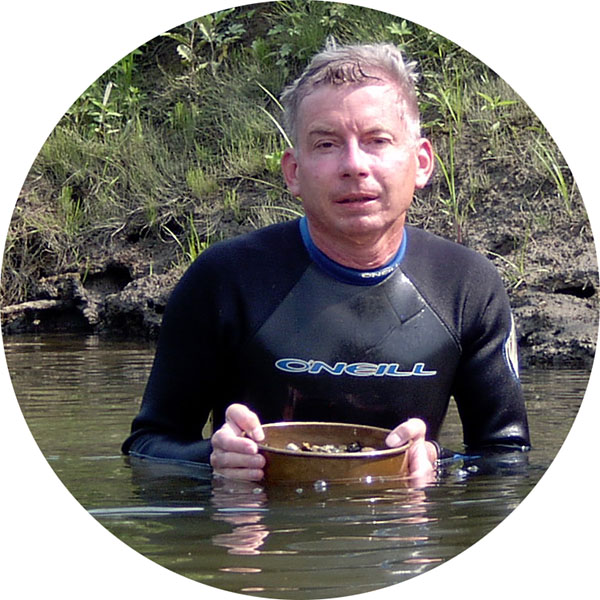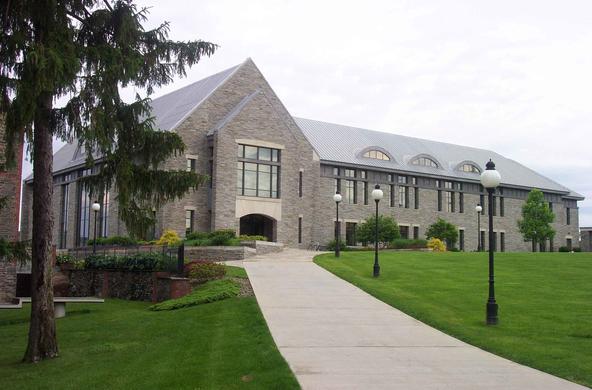The Hudson River has changed in many far-reaching ways over the past quarter-century as a result of human activity, reports a team of researchers in the June issue of BioScience. Zebra mussels and other invasive species have changed the river's ecology—although the influence of the zebra mussels now seems to be waning.
A 40 percent increase in the freshwater flow has also had powerful effects, and these seem to be countering the effects of higher temperatures, especially in summer. Pollution by chlorinated hydrocarbons, nickel, and cadmium has decreased markedly over the same period, a change that has provoked surprisingly rapid evolutionary responses in tomcod fishes and in a type of worm. Rivers worldwide need to be studied for how they change over decadal scales, the researchers say, because most rivers are now subject to changes comparable in magnitude if not in detail to those in the Hudson.
The BioScience article, by David L. Strayer of the Cary Institute of Ecosystem Studies and colleagues there and at the University of Virginia, notes that many of the marked changes seen in the Hudson are not understood. For example, the river carries more dissolved organic carbon and much less dissolved nitrate than it did. The carbon change is probably a result of recovery from acid pollution as controls on power plants have kicked in, but the change in nitrate levels may be a result of some unknown biological process.
Predicting future changes in the Hudson is all but impossible, Strayer and colleagues report. Fishing restrictions imposed in recent years can be expected to have long-term effects on many species, but nobody can say what they will be. New exotic species continue to appear in the river, but which ones will spawn invasions remains difficult to assess. A continuation of the increase in sea level is predicted to drive additional changes. Strayer and colleagues propose that river ecologists deliberately adopt a research framework for rivers that would look for effects and responses occurring over decades, at least.




